Causes of car engine boiling water, causing overheating
(Baonghean.vn) - There are many causes of car engine overheating. There are mild cases that car owners can easily fix with experience. However, there are also cases where if you do not understand clearly and handle and fix it yourself, it will cause serious consequences... Therefore, to have the right way to handle it, you need to understand the basic causes below to be able to protect the car engine.
- 1. Lack of coolant
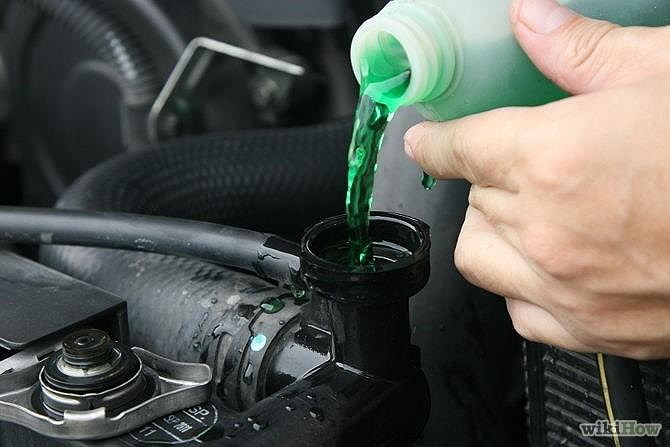
Coolant in the system can leak through the connectors, the radiator cap can be damaged causing the water to evaporate or the radiator can be punctured... causing the system to not have enough water to cool the engine and causing the engine to boil.
2. Clogging the radiator
This is a very common phenomenon, caused by users not changing the coolant periodically; using substandard coolant, supplementing with regular water - causing scale formation in the cooling system.
After a period of use, dirt accumulates and sticks to the walls of the pipes on the radiator, causing blockage, poor water circulation or complete blockage.
3. Coolant pipe is punctured
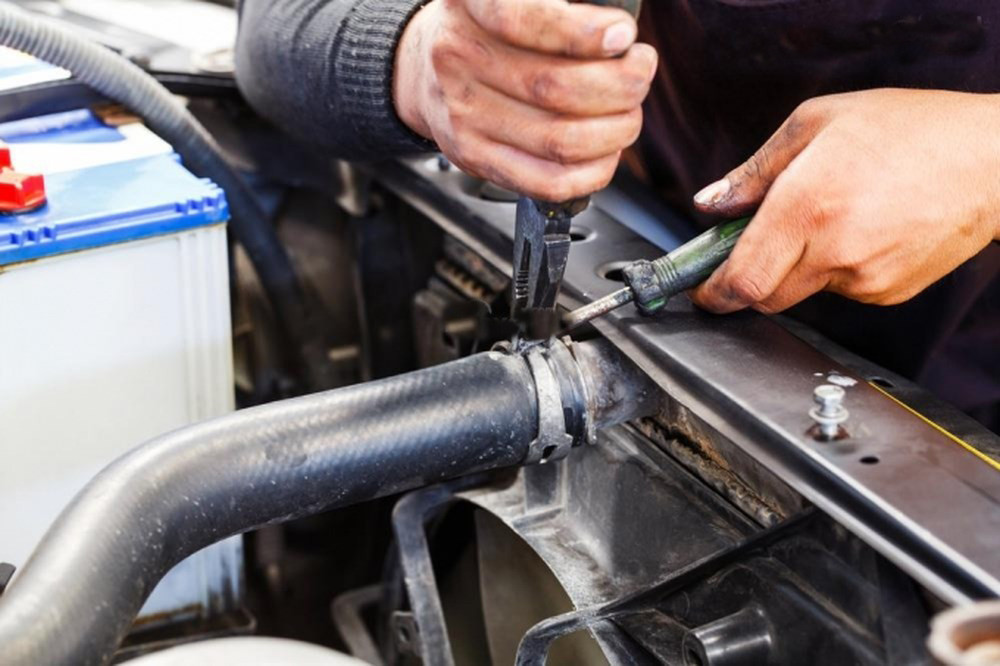 |
When the coolant pipe from the radiator to the engine compartment is punctured or damaged, the coolant will not circulate and the cooling process of the radiator will be ineffective, causing the engine to run hot quickly. Check the coolant pipe from the radiator and replace the broken pipe.
- 4. Radiator fan is broken
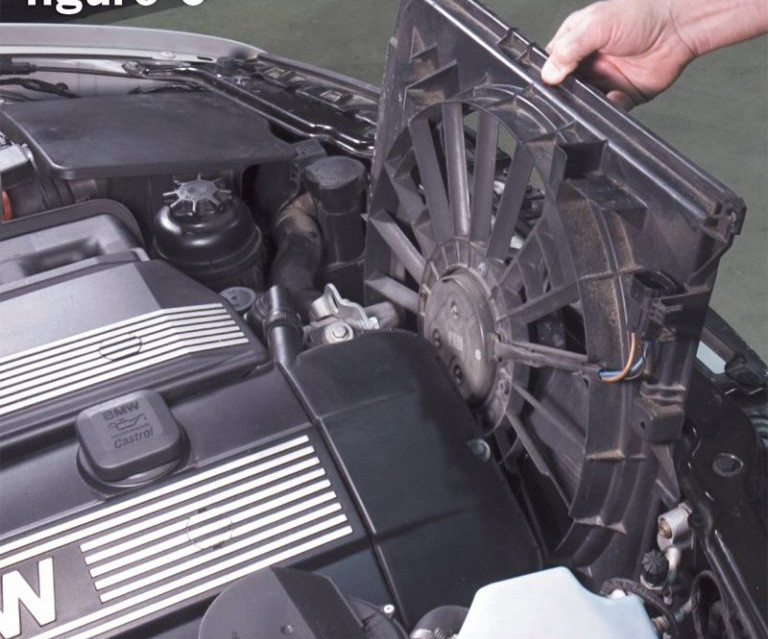
The cooling system on cars uses forced cooling method. Different from forced cooling is natural cooling, which means taking advantage of the wind force when the car is moving to cool the engine, this method is only used on motorbikes and small engines.
In cars, both coolant and a blower or exhaust fan are used to dissipate heat. If for some reason the fan does not run, the system will not be able to dissipate heat, causing the engine to boil and seize.
5. Stuck thermostat
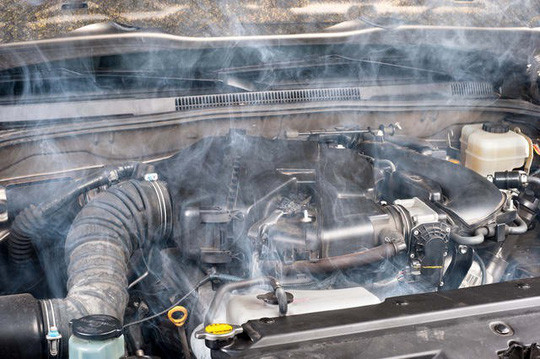 |
The thermostatic valve helps the engine heat up quickly to reach a stable working temperature (about 80 - 95oC) and helps maintain the engine temperature stable within the allowable range. When the engine is first started, the valve closes to keep water circulating inside the engine and not going out to the radiator, causing the engine to heat up quickly.
When the engine tends to overheat, the valve opens to allow hot water in the engine to circulate through the radiator to cool and then return to cool the engine. If the thermostat is stuck in the closed position, the water cannot circulate, causing the engine to boil.
- 6. Water pump is broken
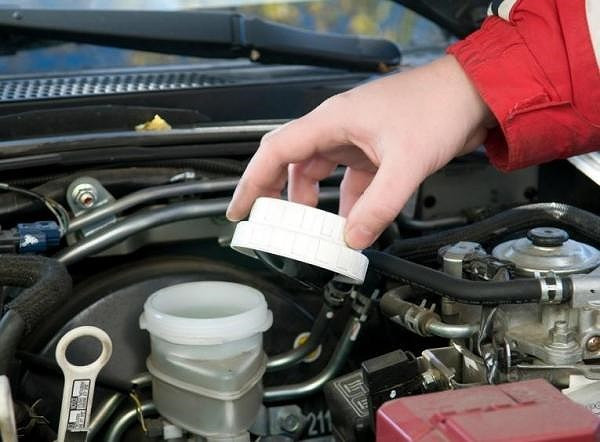
The water pump has the role of circulating coolant from the radiator to the engine, helping hot water in the engine go to the radiator to cool, then return to the engine. If the water pump is damaged or the pump is weak and does not pump enough water, it will also cause the engine to boil.
While driving, if you notice that the engine temperature gauge is higher than normal, stop the car, turn off the engine to check. Do not open the radiator cap immediately because the pressure in the system is high, hot water will splash out and cause serious burns.
Wait for the engine to cool before opening the radiator cap to check. If there is not enough water in the system, add more and drive the car to a reputable garage to check the cause.

